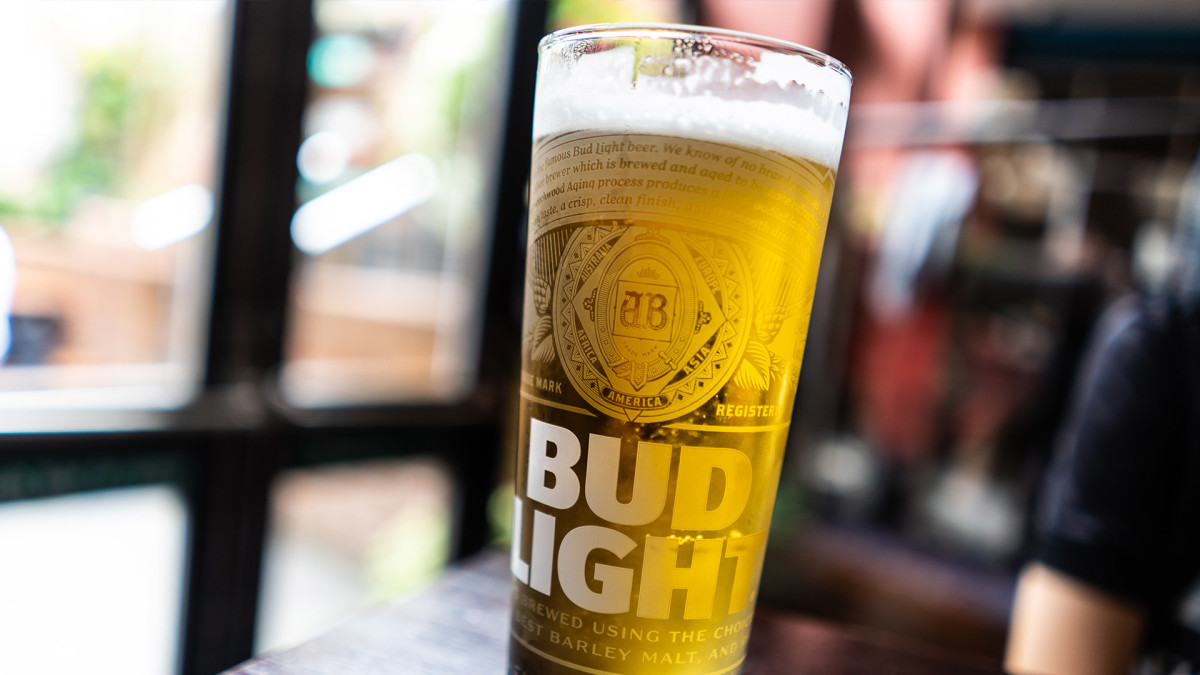
When Kid Rock posted a video on social media where he shot up cases of Bud Light, he was chastising the brand for partnering with the transgender social-media influencer Dylan Mulvaney.
It was a very small deal, in which the beer company sent the influencer cans with her face on them to celebrate her first year living as a woman.
But that single video led to a massive boycott. Right-wing beer drinkers stopped buying Bud Light to protest the Anheuser-Busch InBev (BUD) brand working with Mulvaney to reach the LGBTQ+ community.
Related: After Chapter 11 bankruptcy, popular chain fights for survival
It turned out that a lot of Bud Light drinkers took significant issue with the company working with a transgender woman. The boycott cost the brand its spot as the best-selling beer in the world as it lost about 26% of its sales.
The Bud Light boycott also attracted a number of country stars who jumped on the anti-trans bandwagon. John Rich, of Big & Rich fame, and Travis Tritt moved quickly to bar the beer brand from their tour riders and their Nashville bars.
But the boycott in the country music world wasn't universal. Jason Isbell and Zach Bryan both openly defended Bud Light. And singer Garth Brooks took the boldest stand.
He made clear that his then soon-to-open Nashville bar, Friends In Low Places Bar and Honky Tonk, would not only serve Bud Light, it would be a safe place for transgender customers.
"And yes, we're going to serve every brand of beer. We just are. It's not our decision to make. Our thing is this, if you [are let] into this house, love one another. If you're an a**hole, there are plenty of other places on lower Broadway," he told Billboard Executive Editor Melinda Newman at Billboard Country Live in Nashville on May 7.

Image source: Shutterstock
Brooks delivers on his inclusive Bud Light promise
Brooks took his stand during the height of the Bud Light controversy. Kid Rock, who never seemed to actually boycott the beer — he was seen drinking it publicly — has forgiven the brand after it signed to become UFC's largest sponsor.
Other big-name right-wing figures dropped the boycott, including former President Donald Trump, once Anheuser-Busch paid up to sponsor the brand run by Trump supporter (and noted critic of transgender women in sports) Dana White.
Still, while the media attention has dimmed, Bud Light sales have not recovered, and serving the brand at a Nashville bar remains a political statement.
Brooks, however, has remained defiant in his willingness to make Friends In Low Places a bar for everyone. He detailed his thoughts on his bar, Bud Light, and inclusiveness in an interview with Fox News.
"How do you want to be treated? So, when you walk in here, hopefully you want to be surrounded with people who want to have fun. Nobody wants to be an a**. So that makes everybody get to have a good night."
The singer has made clear that people who are not accepting of others are the only people not welcome in his bar.
"There are two kinds of people in the world: the good people and the people that might have a hard time being that today. I totally believe in people. So, if you have another day where you want to try it, and it didn't turn out so good, come on back. Let's try love, it's a good place," he added,
Bud Light sales continue to suffer
Anheuser-Busch InBev has continued to be hurt by people boycotting Bud Light.
"Our revenues declined by 9.5% this year with volumes down by 12.7%, primarily due to the volume decline of Bud Light," Chief Executive Michel Doukeris said during the company's fourth-quarter-earnings call.
"Our market share continued to improve gradually from May through the most recent weeks in February. In 2023, our market share was 38.3%. 2023 was a challenging year for our business in the U.S."
The CEO does believe that Bud Light can recover.
"I think that we are making progress. It's not at the fast pace that we were expecting or that we've been working for. But nevertheless, progress is in place," he said.







